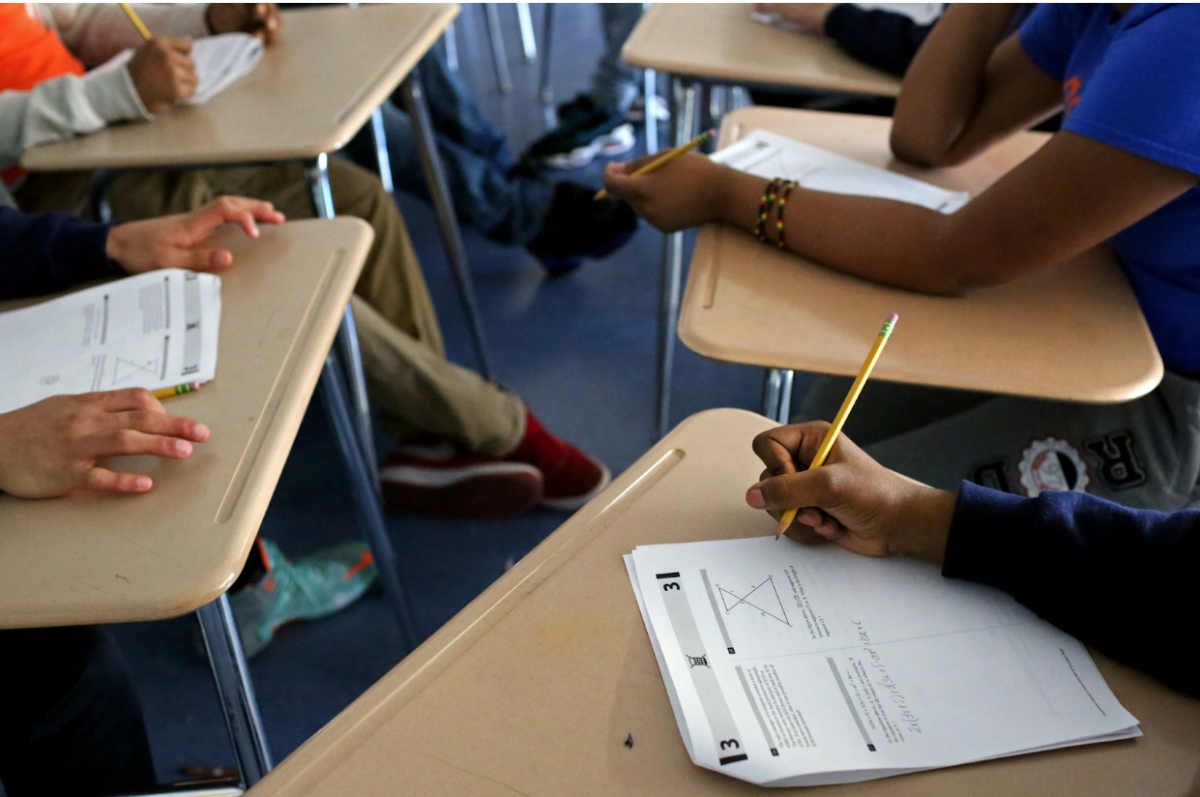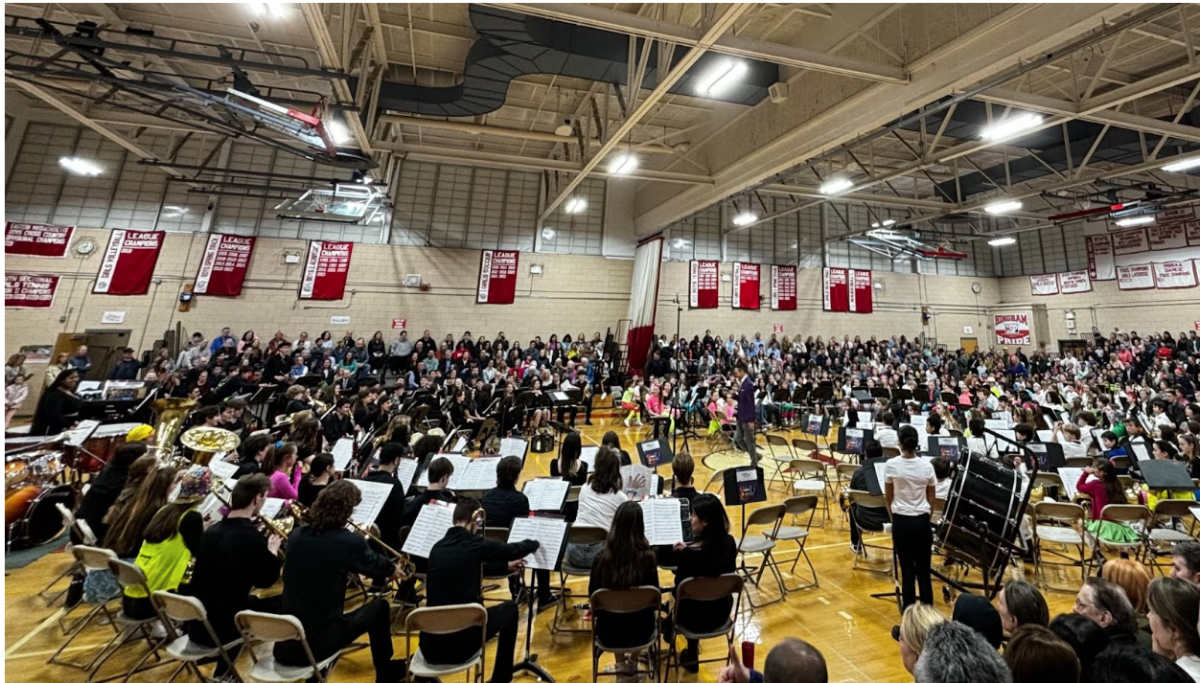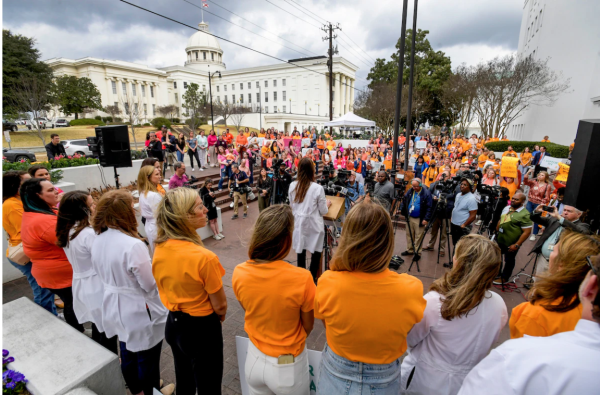What the Partial Government Shutdown Means for the U.S.
One of the furloughed federal employees protesting outside of the White House (Photo from Business Insider)
January 13, 2019
Since December 22, 2018, the United States government has been partially shut down by the executive order of President Trump. Still in place as of January 13th, 2019, this partial shutdown is now the longest of its kind in the history of the United States.
Here in Hingham, many students do not feel personally affected by the shutdown, but they express strong opinions regarding it. When asked why they think the government shutdown has lasted the twenty-three days it has, senior Grace Walker said that President Trump is “not willing to compromise. I think to be in that position [President] you need to be able to compromise,” while Senior Liam Skylar stated, “I think there is strong point to be made that the government can easily not be shut down anymore if the Democrats were to concede some stuff to him.”
On when the government could reopen, Liam Skylar said, “I expect at some point in the next few months, Trump’s going to give up on this plan because I don’t think it’s actually going to work.” On the contrary, Senior Will Bryant spoke, “I think that [President Trump] isn’t willing to budge on the border wall because he’s taken a stance and is the type of person who sees things through. So I think it’s up to the Senate.”
On January 8th, the President sat down in the Oval Office to deliver a Presidential Address to the Nation to urge support for the border wall. “It had some good parts to it, but no one’s minds were really changed, so I don’t think this is actually going to get anywhere,” spoke Liam Sklar.
For federally employed Americans with families, consensus between the President, the House, and the Senate is a matter of survival. The government shutdown has furloughed 800,000 federal workers, from TSA agents to Coast Guard guardsmen and cadets, according to 10 News. The economic damage of the shutdown has weaved into various aspects of Americans’ lives, including the ability to pay mortgages and, for some low-income renters, the threat of being evicted, according to NPR. If the shutdown continues into March, funding to supply food stamps to Americans who rely on them is not certain, NBC News reports.
Government shutdowns are always extremely costly to the American economy. CNBC reported that another two weeks of the government shutdown could cost over $6 billion, more than what Trump outlined as the budget for the border wall.
Senior Nick Desilva ended a discussion about the border wall by saying that “it’s a big waste of money.” Will Bryant expressed, “I feel like time and time again we [Americans] have isolationist sentiment, and it never works out well. We should be breaking down walls, not building them.”
The House and Senate have agreed to most parts of the legislation President Trump has put forth that entails increased border protection, except for the border wall. Whether the legislation was halted because of the wall’s perceived disadvantage to the American economy or its morale, the polarization between the executive and legislative branches now enters another week without compromise on the horizon.






























